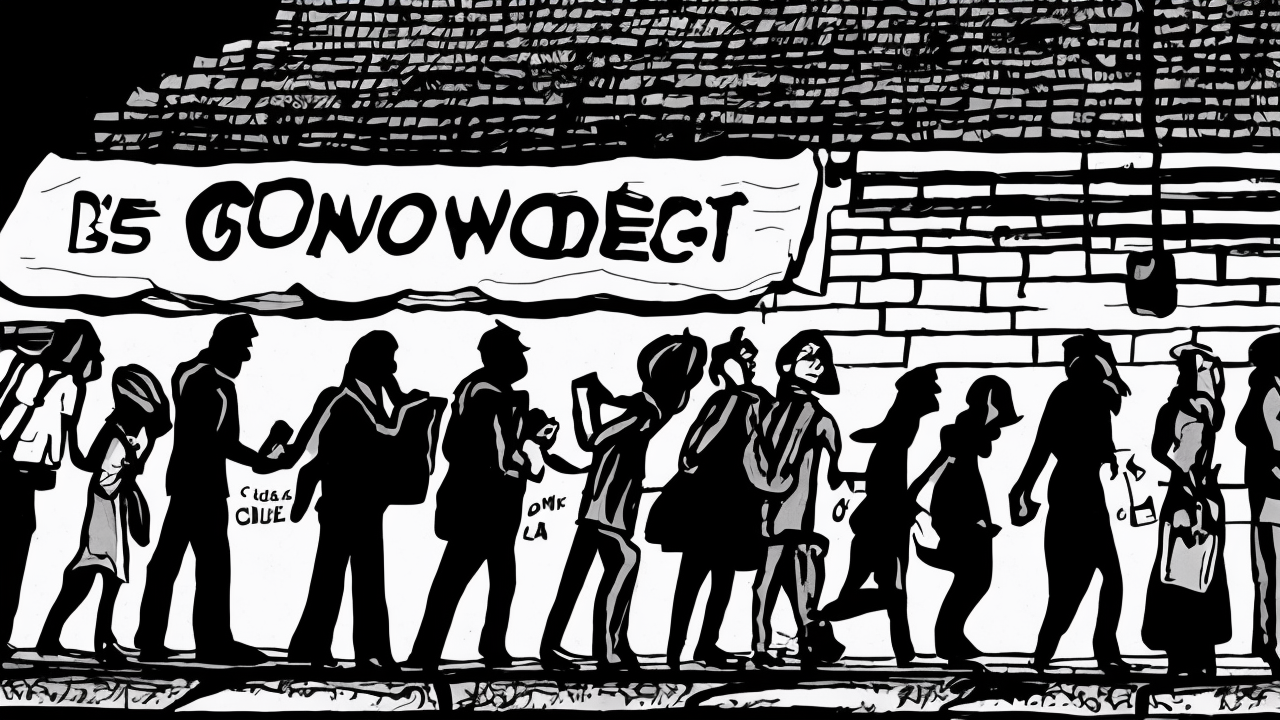Government Shutdown Threatens SNAP Benefits for Millions as Democrats Face Blame

The ongoing government shutdown has placed the Supplemental Nutrition Assistance Program—commonly known as SNAP—on the brink of disruption, threatening food security for millions of Americans who rely on it. With federal funding set to expire by November 1st, the consequences are already being felt across the country. States such as California, Arkansas, Hawaii, and Mississippi have issued warnings to residents about possible delays or suspensions in benefits. Twenty-five states have formally notified households, signaling that the crisis is not hypothetical but real and imminent.
SNAP currently supports over 42 million people, offering an average of $187.20 per month to help cover basic grocery needs. For many families, especially those with children or elderly members, this assistance is not a luxury—it is a necessity. In places like Alaska, New Mexico, and North Dakota, officials are exploring temporary state-funded solutions, but these efforts face serious limitations. The program’s structure is fundamentally federal, meaning that state-level responses can only go so far before stretching already strained budgets beyond their limits.
The White House Press Secretary, Karoline Leavitt, has pointed to the Democratic leadership as the primary cause of the impasse, citing their refusal to pass a Republican-backed bill that would fund essential workers and military personnel during the shutdown. She emphasized that while other priorities are being pursued—such as policies affecting undocumented immigrants—millions of American families are being left behind. The contrast is stark: while some seek to expand government programs with broad, often distant aims, others are focused on ensuring that families can put food on the table.
Senator John Fetterman (D-Pa.) has spoken out, urging his party to put people before politics and recognize the real-world impact of inaction. He reminded constituents that behind every statistic is a human being—a parent, a student, a senior on a fixed income. His message resonates beyond party lines: when government fails to deliver basic services, it erodes trust in institutions and weakens the social fabric.
Meanwhile, Louisiana has pledged to protect its SNAP recipients, though details remain uncertain. Across the nation, state agencies are encouraging residents to prepare by turning to local food pantries and community support networks. These organizations, often run by faith-based groups and volunteer efforts, have long served as a safety net in times of crisis. Their resilience underscores a truth that too many in Washington have forgotten: when government falters, communities must step in.
This moment is not just a political standoff—it is a test of national character. The ability to care for the poor, the elderly, and the working families who labor quietly each day reflects the depth of a nation’s values. The Judeo-Christian tradition has long emphasized compassion, stewardship, and responsibility for the most vulnerable. These principles are not ideological; they are foundational to a just and stable society.
Leaders in Washington must remember that governance is not about power or ideology but about service. When elected officials prioritize partisan posturing over the well-being of their constituents, they betray the public trust. The crisis in SNAP is not a failure of policy alone—it is a failure of leadership.
As the shutdown continues, the nation watches. Voters are watching. Families are watching. The choices made in the coming weeks will reveal whether our leaders are guided by principle, duty, and a commitment to the common good—or by the pursuit of political advantage. The path forward must be one of cooperation, not conflict. It must be rooted in respect for hard work, the dignity of labor, and the moral obligation to care for those in need.
A strong nation is not built on division, but on shared responsibility. When government fails, communities rise. But it should not have to. The time for action is now.
Published: 10/24/2025








